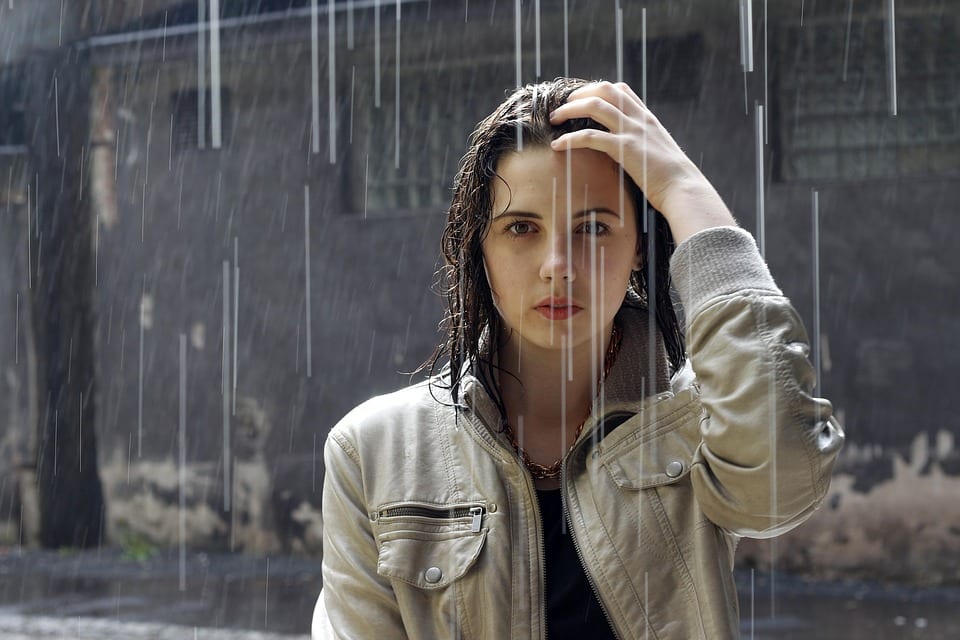You know the old saying “it’s not about the destination, it’s about the journey?” Well, it turns out that it’s true of the transition from childhood to adulthood, as well.
In many religious traditions, thirteen is the age when a person transitions from being a child into taking on more responsibilities and being thought of like an adult. Obviously, nowadays it’s more of a ceremonial thing rather than anyone’s parents actually believing their new teenager is ready to take on the world alone, but it does beg the question…when exactly do we become adults?

Image Credit: Pixabay
It seems as if, with stagnating wages and the skyrocketing costs of college, the age where we begin to feel independent from our parents continues to nudge higher and higher – and now science is backing us up.
According to the latest research on the subject, we don’t become fully formed adults until we reach our thirties, though of course the exact age varies from person to person.
The research focuses on brain development rather than social markers like a “real” job, marriage, or having kids. There are extensive changes that take place in our late teens and twenties – neurons that continue to develop, connect, and become more refined, for example – that can affect our behavior and our propensity to develop mental health conditions.

Image Credit: Pixabay
This is likely why schizophrenia often develops during that same window.
“What we’re really saying is that to have a definition of when you move from childhood to adulthood looks increasingly absurd,” says Peter Jones, a professor of neuroscience from Cambridge University. “It’s a much more nuanced transition that takes place over three decades.”
An article published in Lancet Child & Adolescent Health argues that the period of life we call adolescence actually lasts long past the popularly recognized age of 18.
The term “adolescence” is defined as “the phase of life stretching between childhood and adulthood.” According to scientists, it can start as young as 10 – when some girls begin puberty – and “continues well into the twenties.”

Image Credit: Pixabay
Growing up continues, the researchers explain, “well into the twenties,” as the body and brain continues to develop and socio-economic forces (think: the rising cost of housing, an unstable job market, and ballooning student debts) delay the traditional signposts of adulthood (partnering, parenting, and economic independence) and extend the period of “semi-dependency” that is adolescence.
“There isn’t a childhood and adulthood,” Jones concludes. “People are on a pathway. They’re on a trajectory.”
So enjoy the ride! Especially if your parents have a nice basement.






